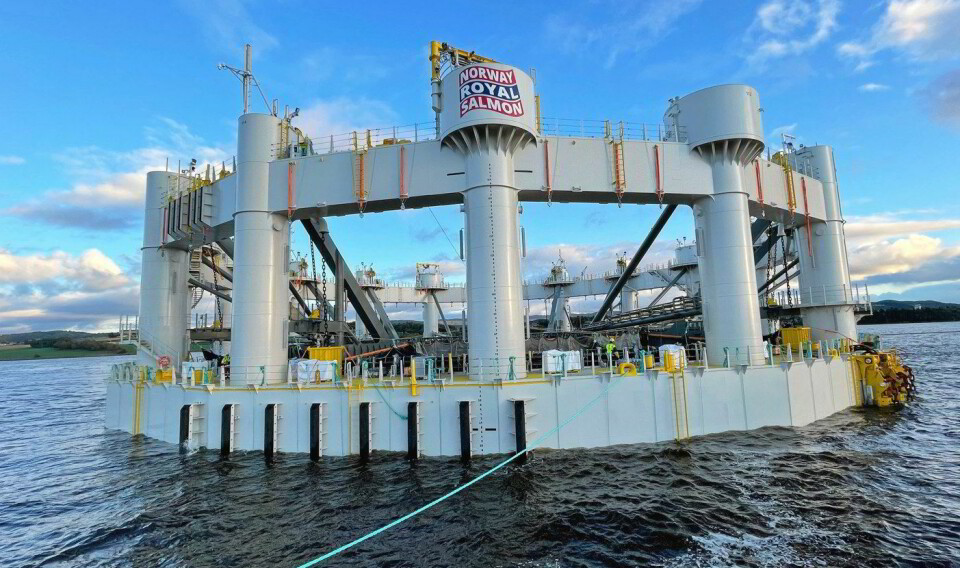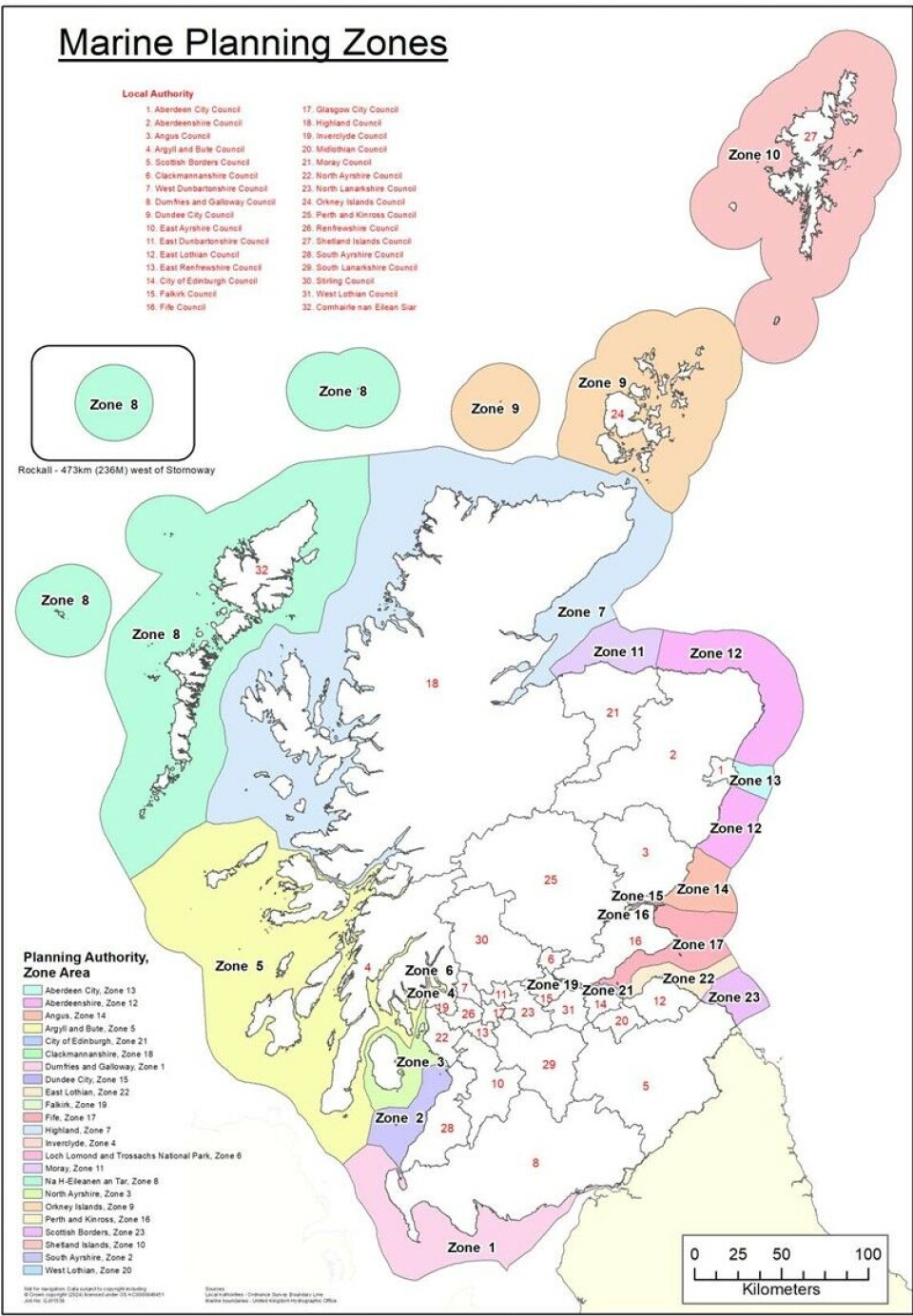
Scottish Government agrees to open the way for offshore fish farms
Local authorities will remain in charge of planning permission
The Scottish Government will change the law later this year to enable fish farmers to apply for developments between three and 12 miles from the shore, it has announced.
The move will remove a legal anomaly that has so far limited fish farming to within three miles of the coastline.
In 2007 the definition of “development” in the Town and Country Planning (Scotland) Act 1997 was amended to include fish and shellfish farming out to 12 nautical miles. But another planning rule only designated Scotland’s marine planning zones out to three nautical miles. This means that there is currently no designated planning authority to which a developer may submit an application for a farm located between 3-12 nautical miles.
The Scottish Government published a consultation on extending marine planning zones on its website on September 18, 2024 and closed the consultation on December 11. There were 53 responses from individuals and organisations, and 40 of those agreed with the extensions.
Planners 'lack resources'
One of the respondents that disagreed was the Scottish Association for Marine Science (SAMS), which said some local authorities lack sufficient resources to deal adequately with either with operational planning (permission for single sites) or strategic planning (e.g. allocating zones for aquaculture) in offshore waters.
SAMS suggested that a joint Regional Marine Planning Partnership (RMPP) should be established for the waters of the West Coast and Western Isles to define zoning plans for aquaculture, with the RMPP including a role for local authorities, key stakeholders and potentially local academic researchers. It also suggested that funding the extra work of local authorities could be achieved through drawing on Crown Estate Scotland’s fish farm lease income or through a production tax on farms.
Opportunity to streamline
Trade body Salmon Scotland also said that local authority marine planners are under resourced and noted the opportunity to develop a more streamlined system between 3 and 12 nautical miles, reducing the number of separate regulatory bodies involved in aquaculture consenting.
Salmon producer Scottish Sea Farms, which neither agreed nor disagreed with the proposal to extend marine planning zones, stated that there was opportunity to consider different approaches to fish farm consenting processes, such as removing fish farming from the planning system, introducing sectoral planning for fish farming, having planning applications determined by Scottish Government and investigating the implementation of a new Aquaculture Act.
Sticking with councils
The Scottish Government, however, has decided to stick with its original plans, which will keep planning permission in the hands of local authorities.
“Scottish ministers’ view is that the extension of marine planning zones and maintaining the role of local authorities is the most effective solution to closing the existing regulatory gap within the context of the existing regulatory framework, and in line with the Verity House Agreement (between local authorities and the Scottish Government) whilst ensuring a consenting system that will maintain high regulatory standards,” the government says on its website.
But it adds: “Scottish ministers do not rule out considering alternative options further in the future.”
























































